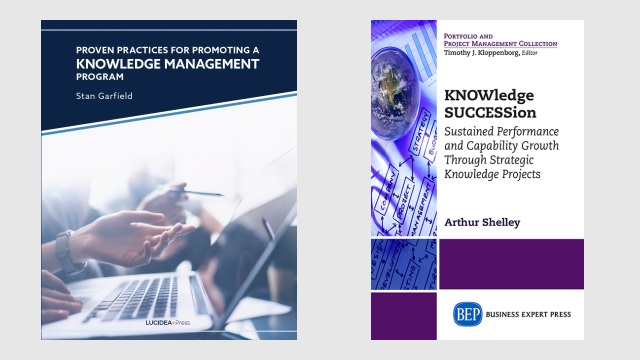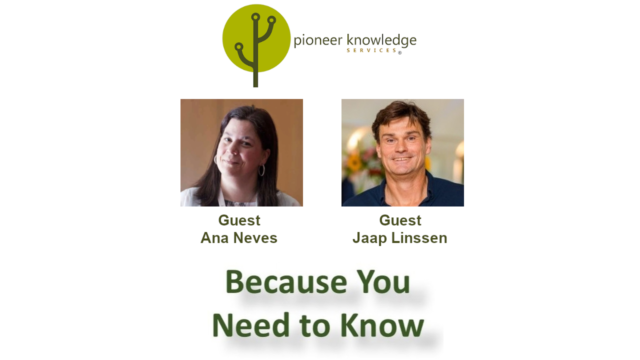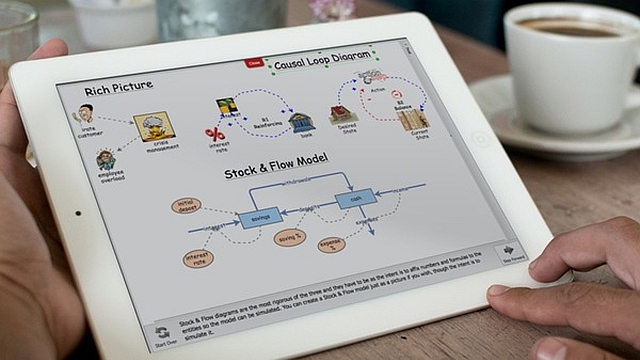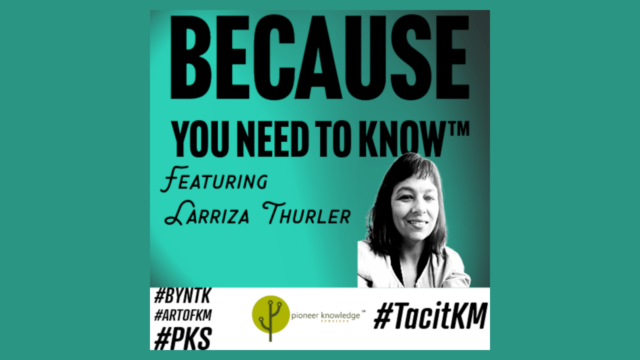
KM in project-based & temporary organisations: Part 2 – The role of the Project Management Office (PMO)
This article is part 2 in a series of articles on knowledge management (KM) in project-based and temporary organisations.
The first part of this series (part 1) looked at the barriers to knowledge sharing and transfer in project-based and temporary organisations. The subsequent parts of the series provide research-based advice on how to overcome these barriers, beginning with this part (part 2) which focuses on the role of the Project Management Office (PMO).
The Project Management Institute (PMI) identifies1 the Project Management Office (PMO) as an important project management structure. In A Guide to the Project Management Body of Knowledge (PMBOK® Guide), PMI defines2 the PMO as a “management structure that standardizes the project-related governance processes and facilitates the sharing of resources, methodologies, tools, and techniques.”
In a University of Salford doctoral dissertation3, Alqahtani draws on an extensive body of research to identify a framework for the implementation of knowledge management (KM) processes and components at various maturity levels of PMOs.
Alqahtani advises that a large number of researchers and experts have found that investing in PMOs can lead to higher levels of project success while also embedding strong and consistent project management practices, processes, and procedures into the organisation. However, knowledge management (KM) by PMOs typically extends only to what Alqahtani describes as a “primitive phase” involving only a lessons learnt mentality (and the limitations of this mentality will be further explored in subsequent parts of the series).
In response, Alqahtani uses research findings in regard to both project management maturity models (PMMMs) and knowledge management maturity models (KMMMs) in the development of the PMO KM framework, which is shown in the extract below from Alqahtani’s dissertation.
The framework addresses eight identified types of project knowledge:
- Process and procedures knowledge.
- Client knowledge.
- Costing and financial knowledge.
- Statutory requirements and legal knowledge.
- Lessons learned and reusable knowledge.
- Suppliers and subcontractors’ knowledge.
- Project Management best practice knowledge.
- Knowledge of who knows what.
Large organisations should be able to reach the higher levels of maturity identified in the framework, but small and medium enterprises (SMEs) may find this challenging due to resources constraints. Because of this, it is recommended that SMEs consider the framework in conjunction with the research findings documented in the RealKM Magazine series KM in small and medium enterprises (SMEs).
Similarly, it is recommended that building and construction industry organisations consider the framework in conjunction with the research findings documented in the RealKM Magazine series KM in the building and construction industries.
Next part (part 3): The role of the project manager.
Header image source: Alvaro Reyes on Unsplash.
References:
- Aziz, E. E. (2014). The PMO: your key to strategy execution and results delivery. Paper presented at PMI® Global Congress 2014 – EMEA, Dubai, United Arab Emirates. Newtown Square, PA: Project Management Institute. ↩
- PMI. (2021). A Guide to the Project Management Body of Knowledge (PMBOK® Guide). Project Management Institute (PMI). ↩
- Alqahtani, A. (2019). An appraisal of the role of Project Management Offices (PMO) in promoting Knowledge Management (KM) within KSA construction companies. University of Salford (United Kingdom). ↩
Also published on Medium.






